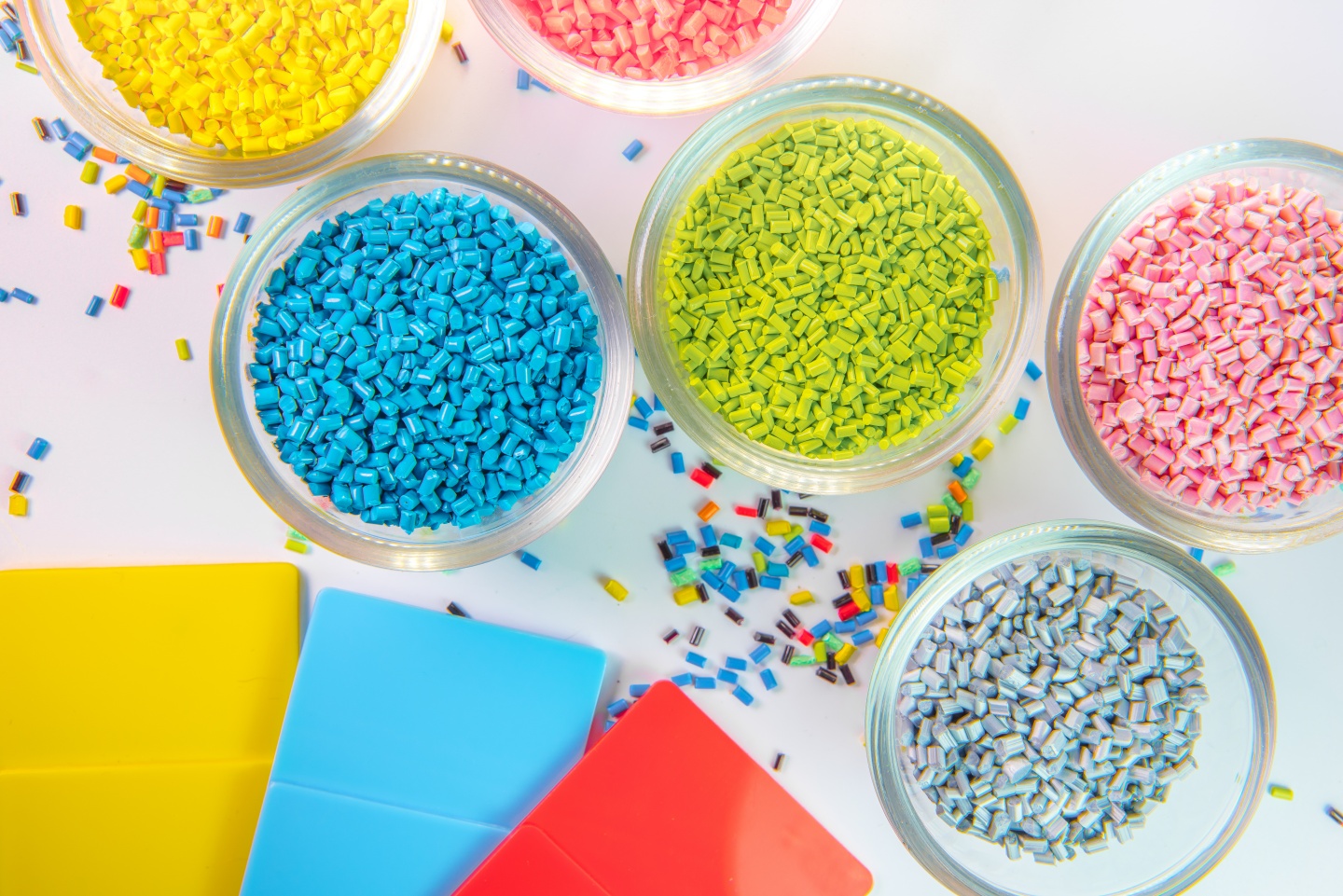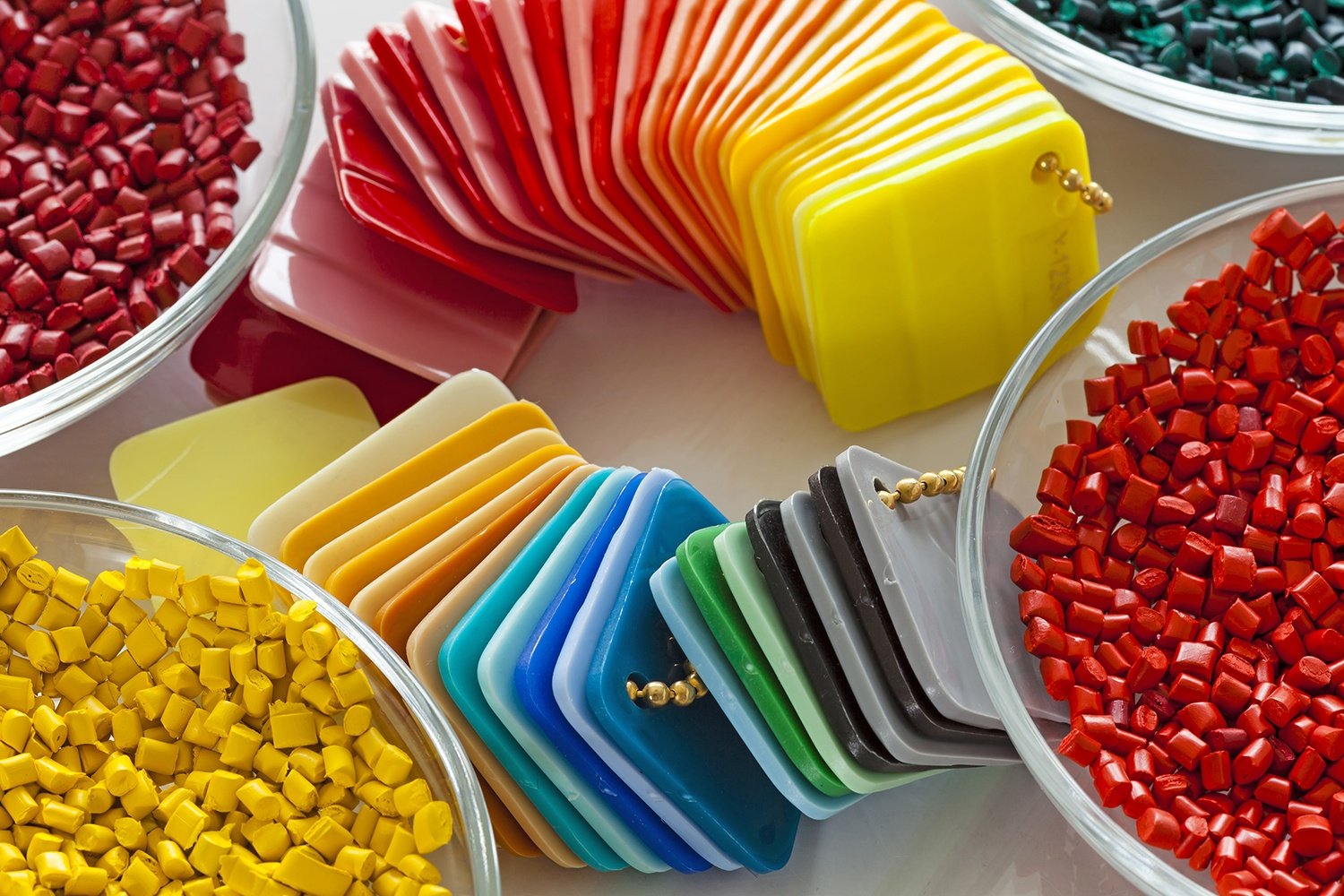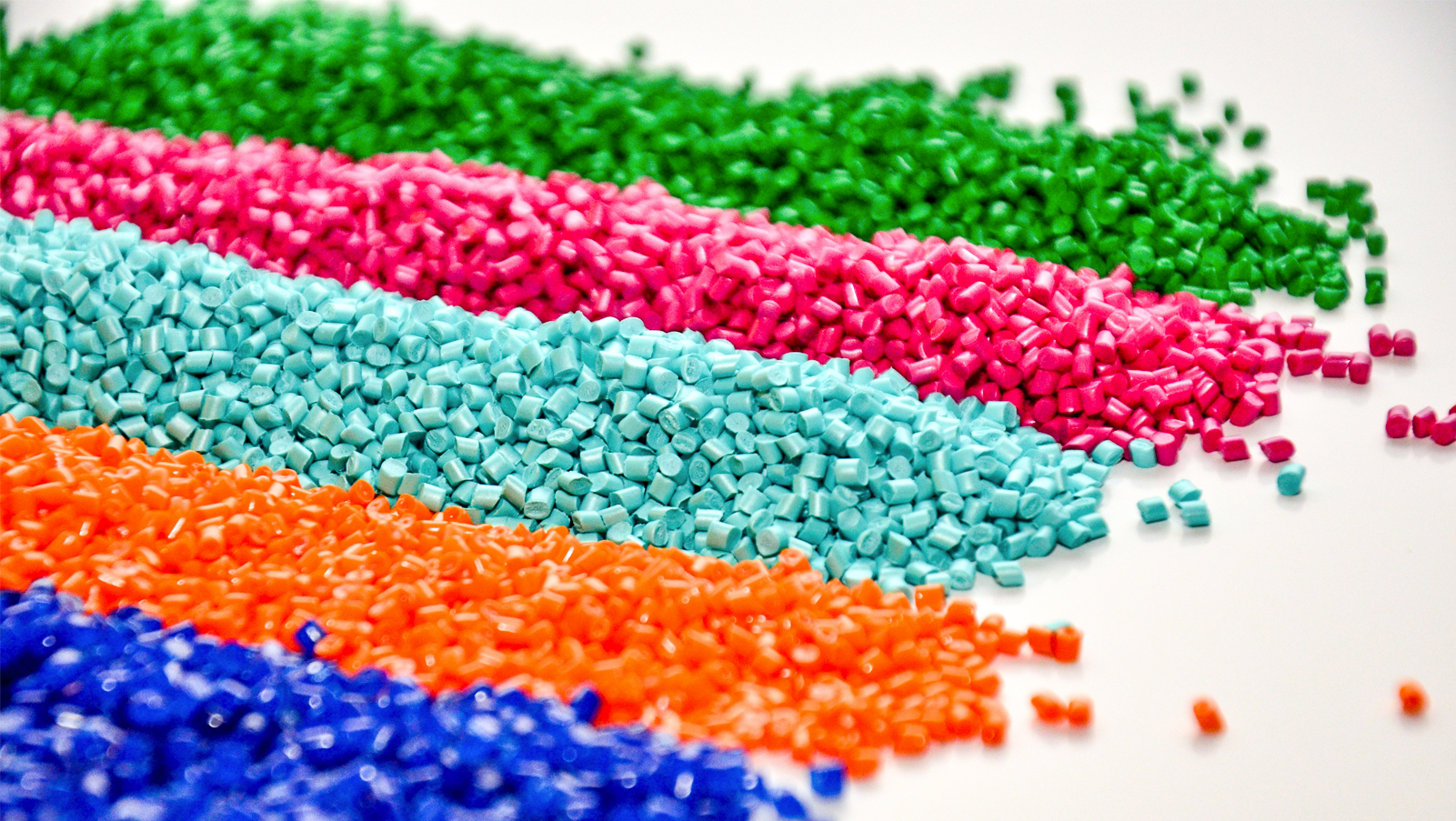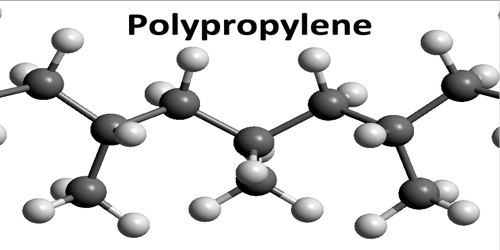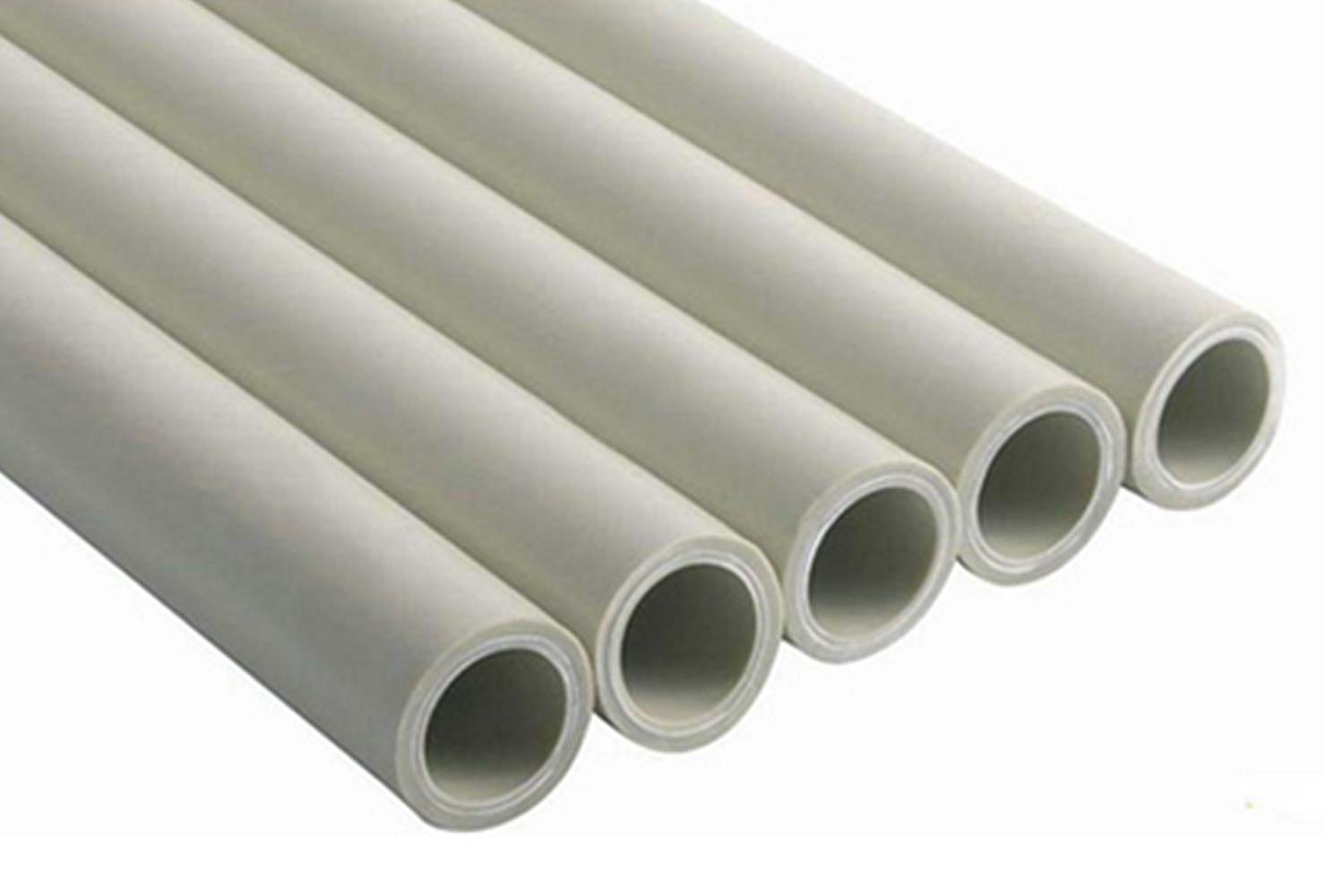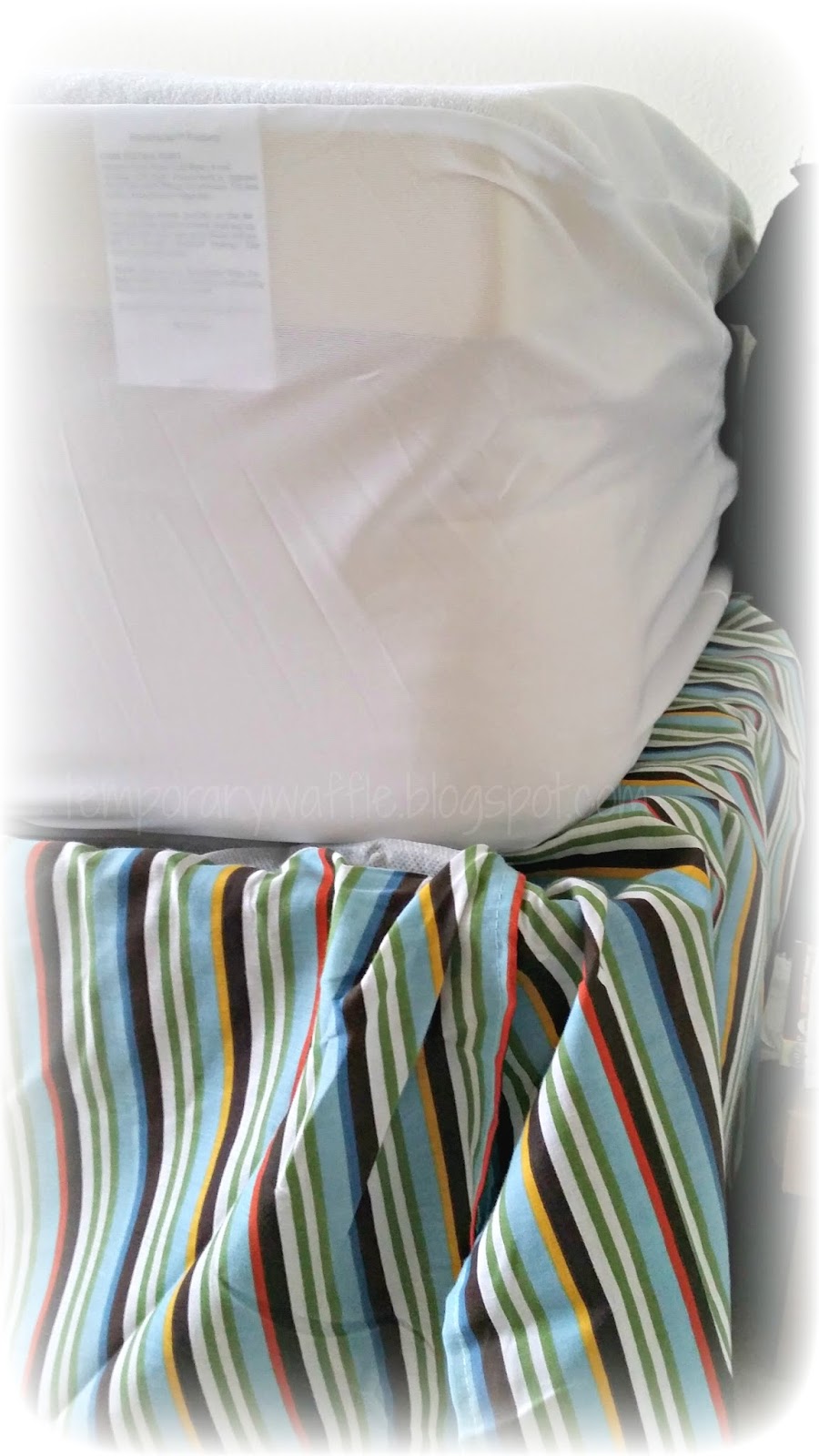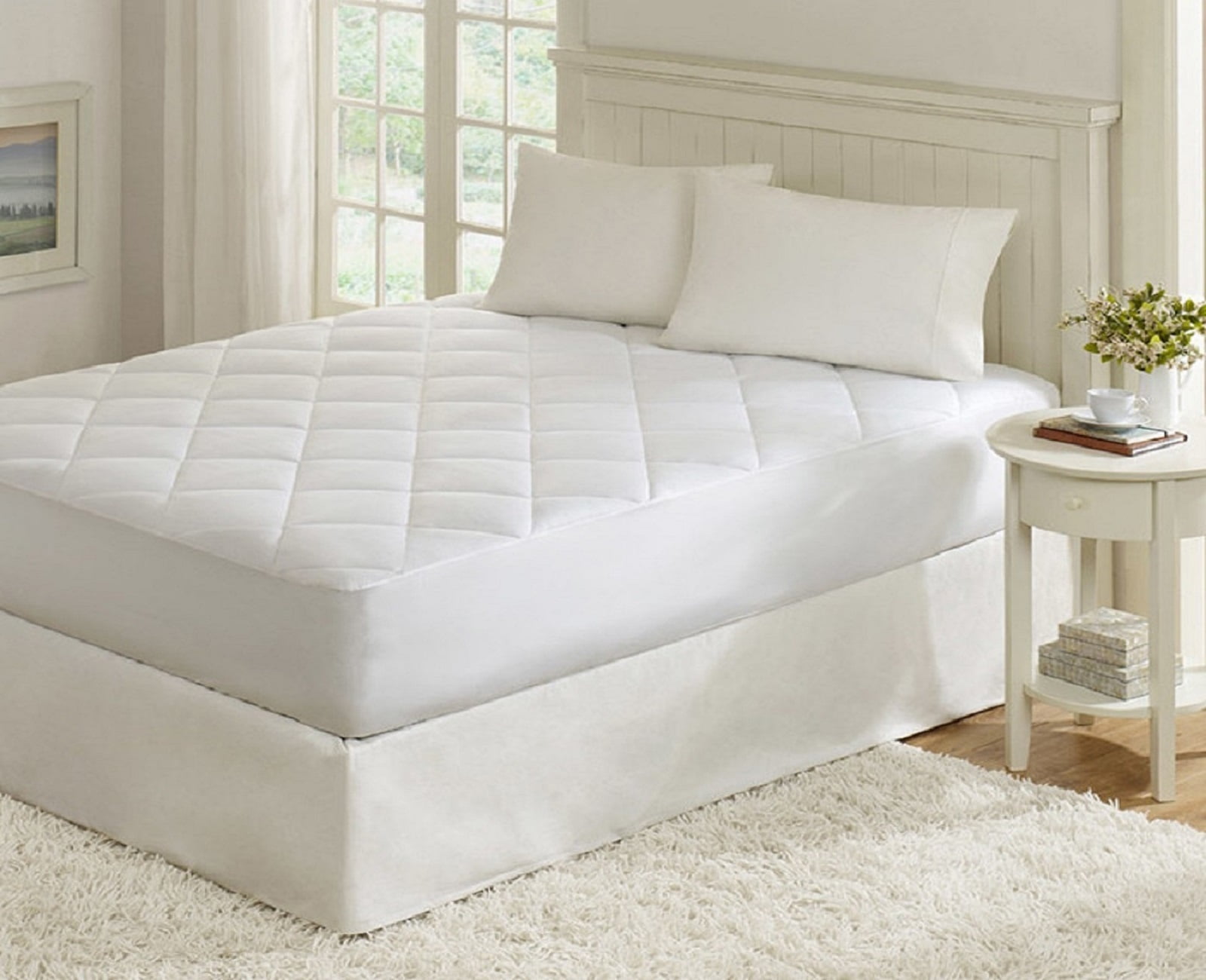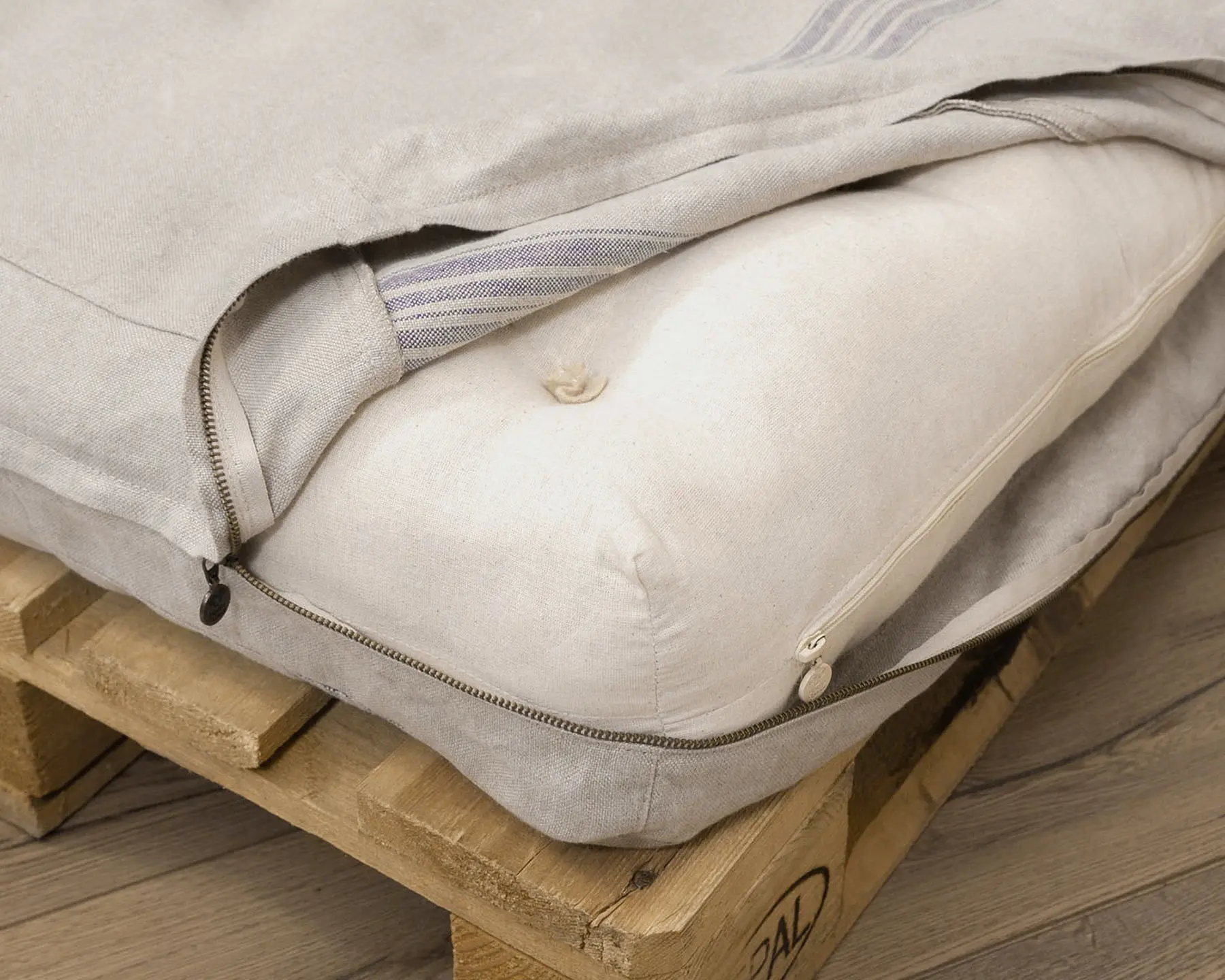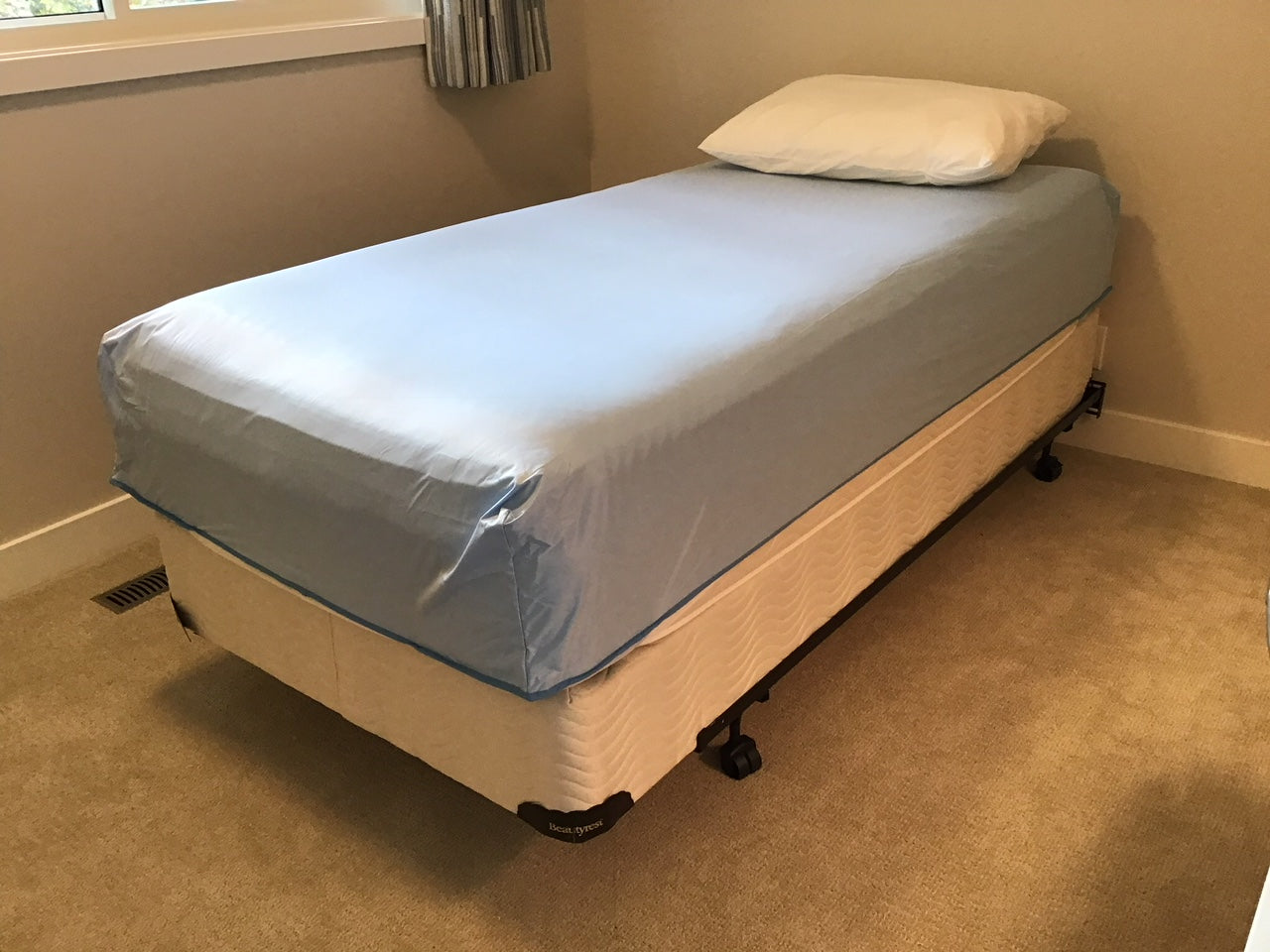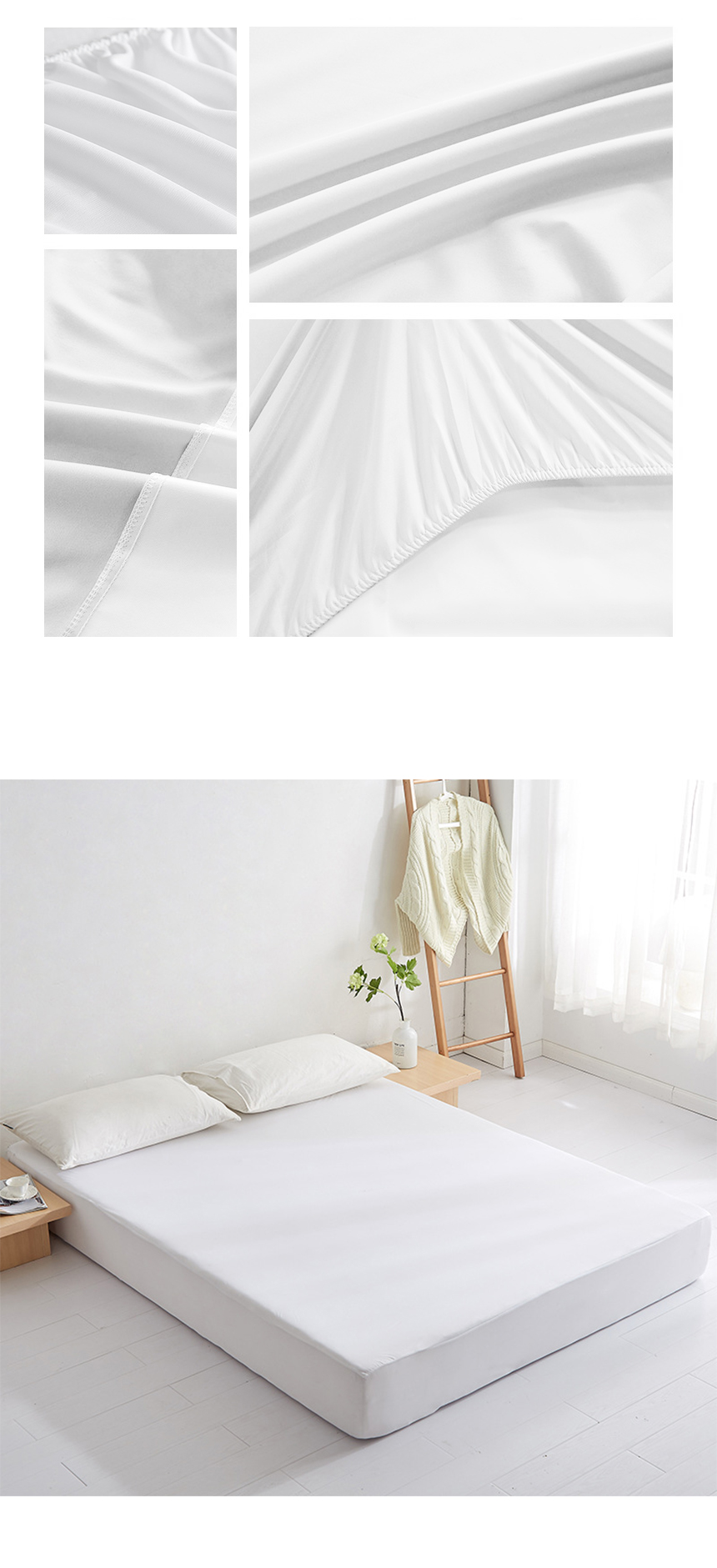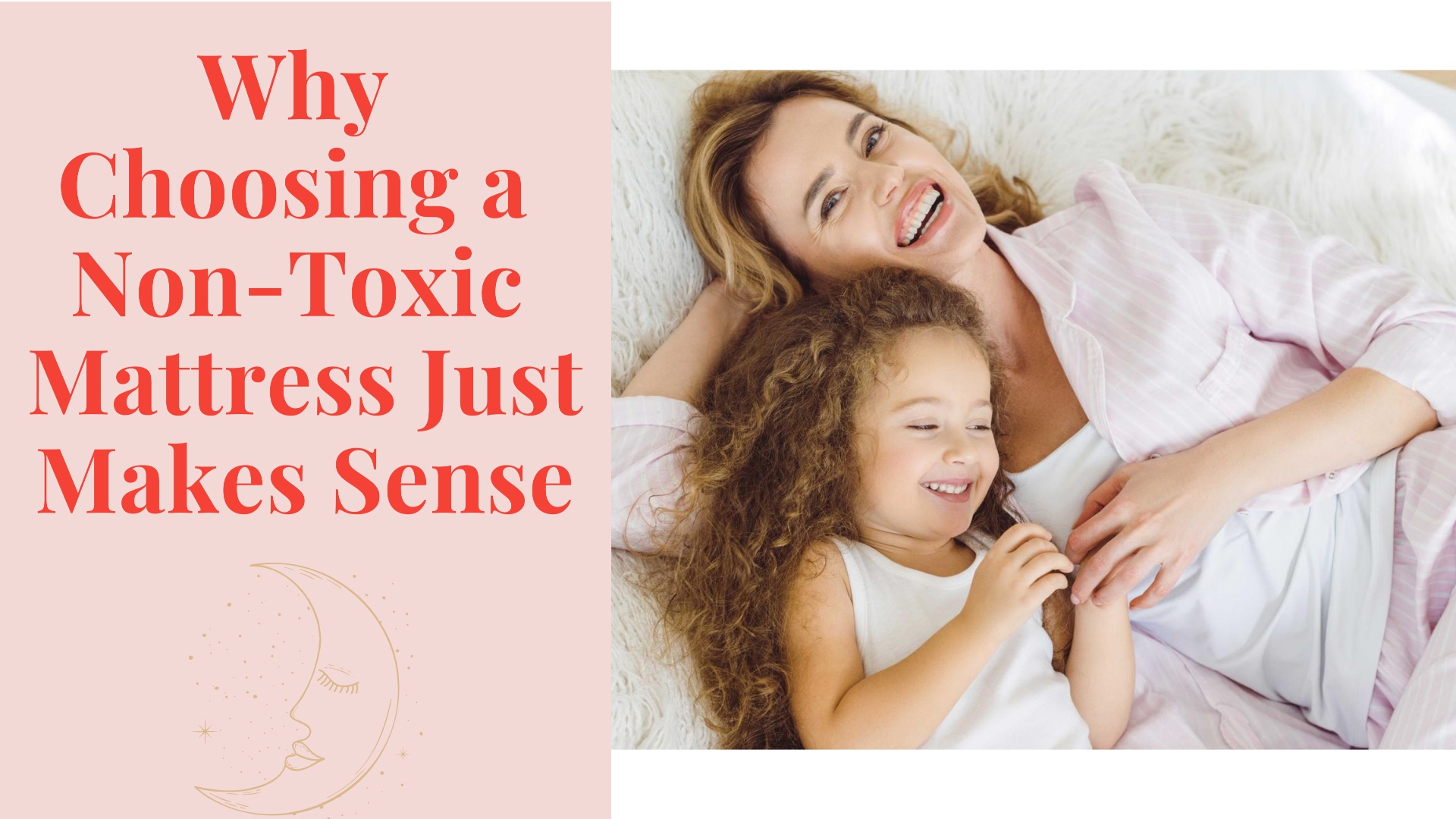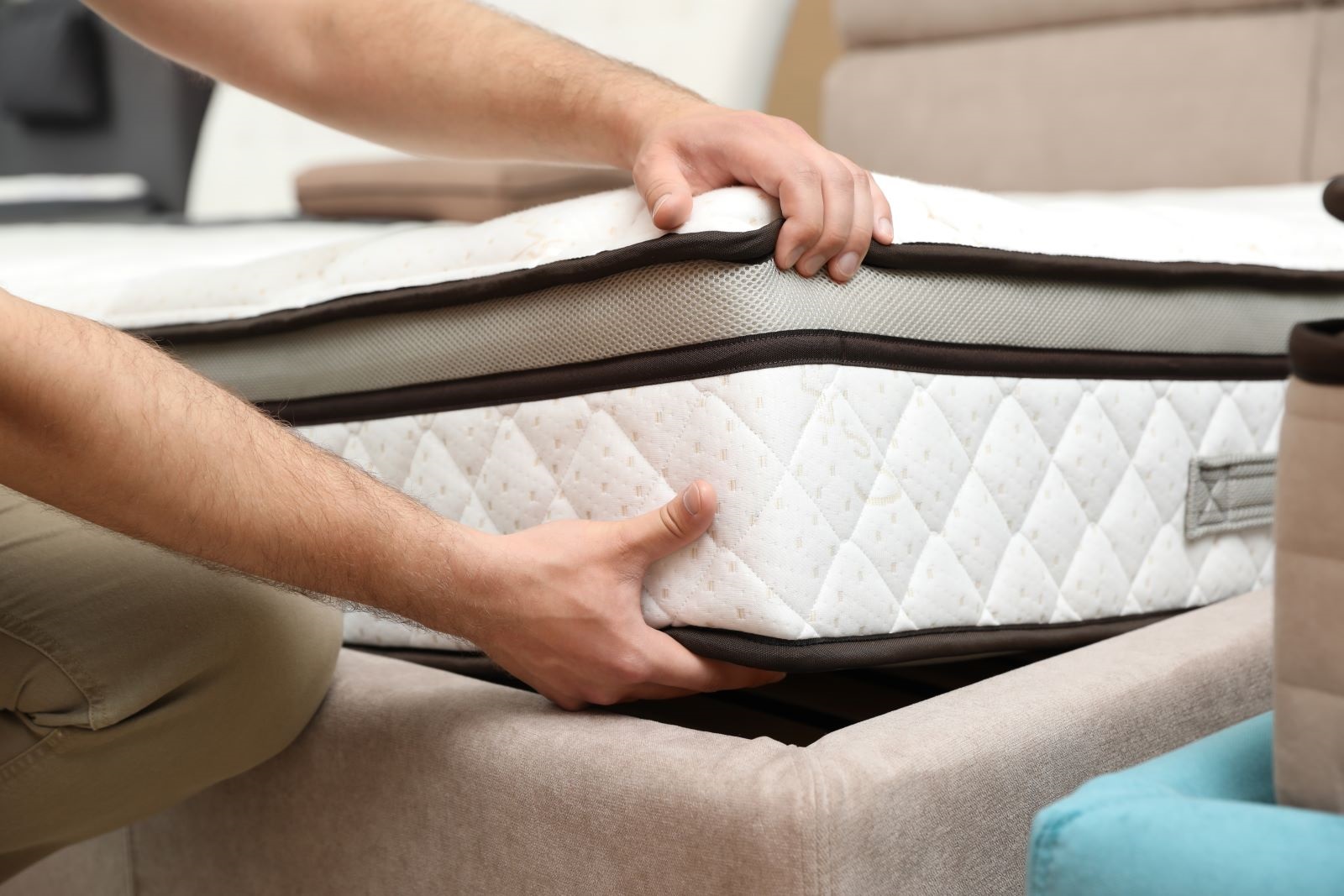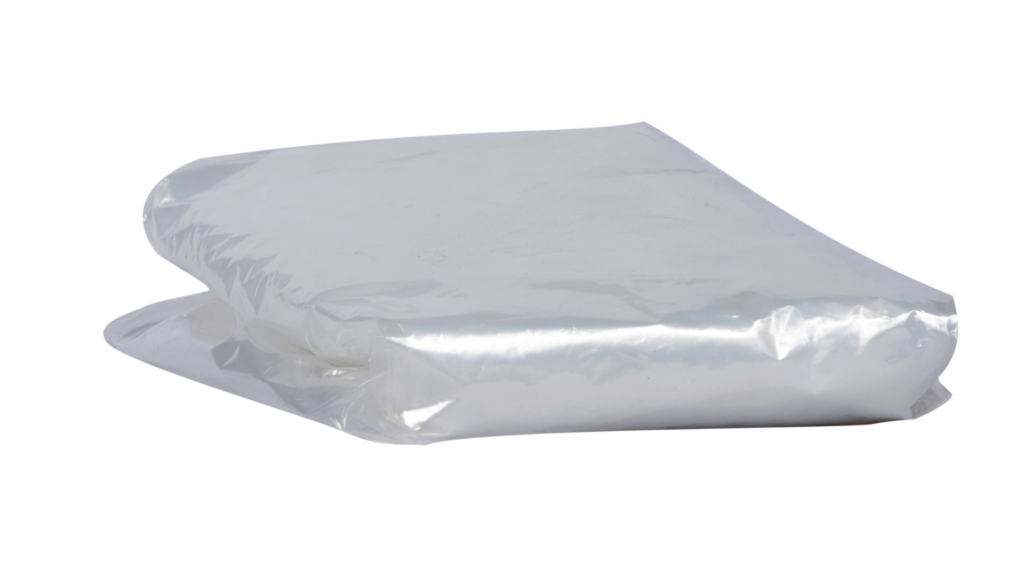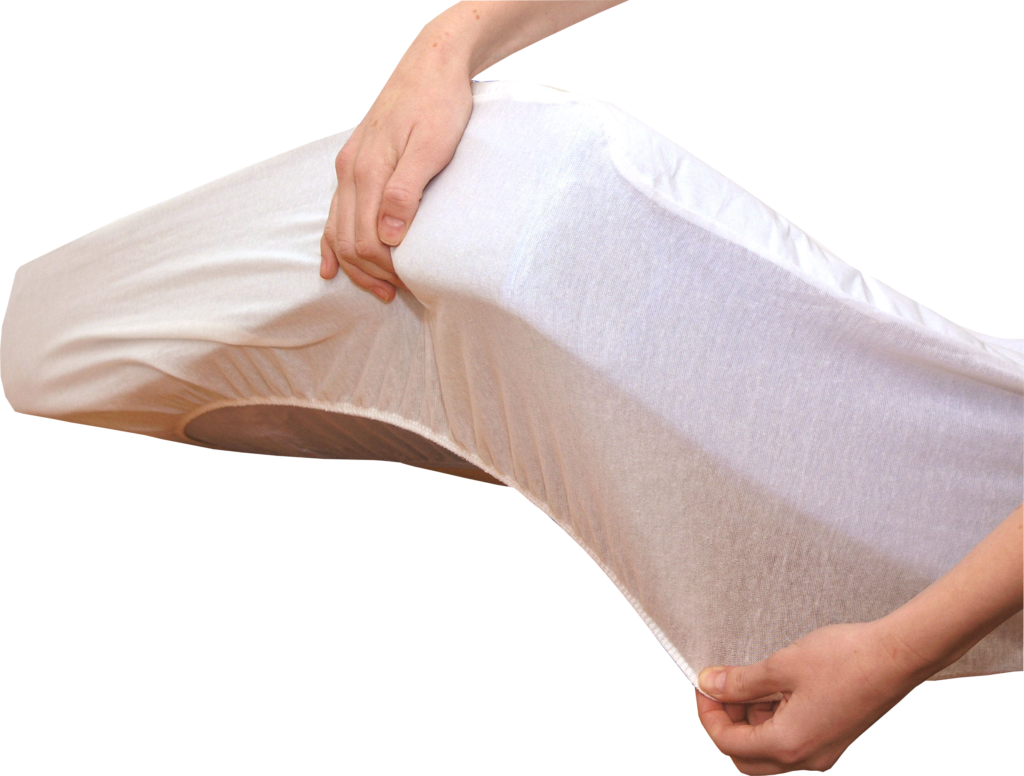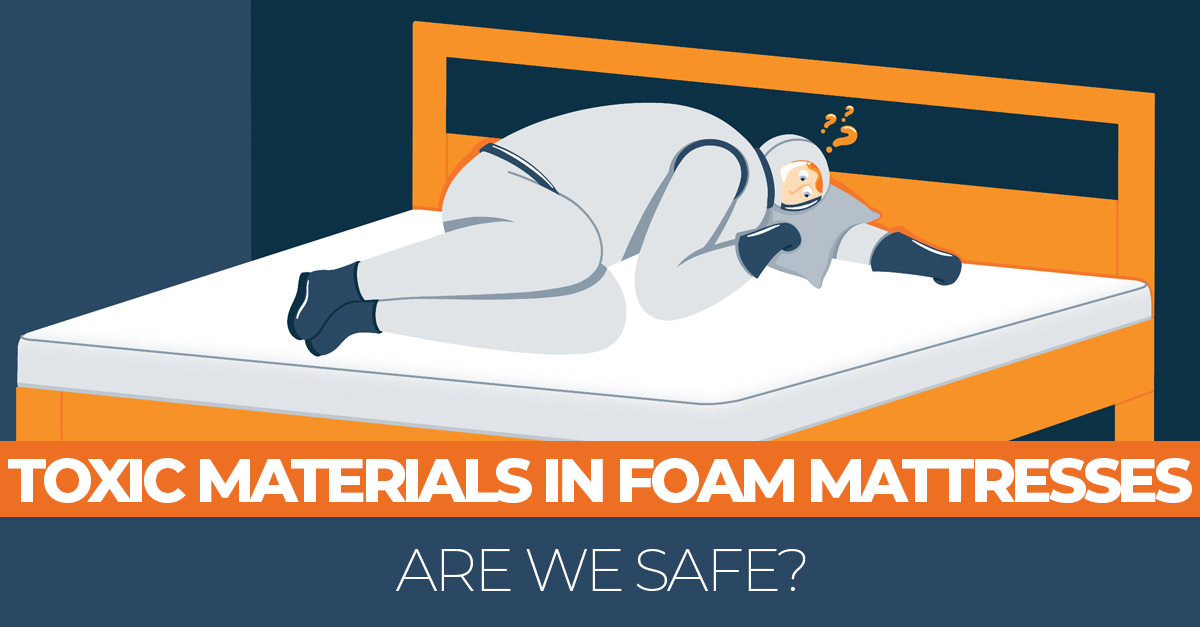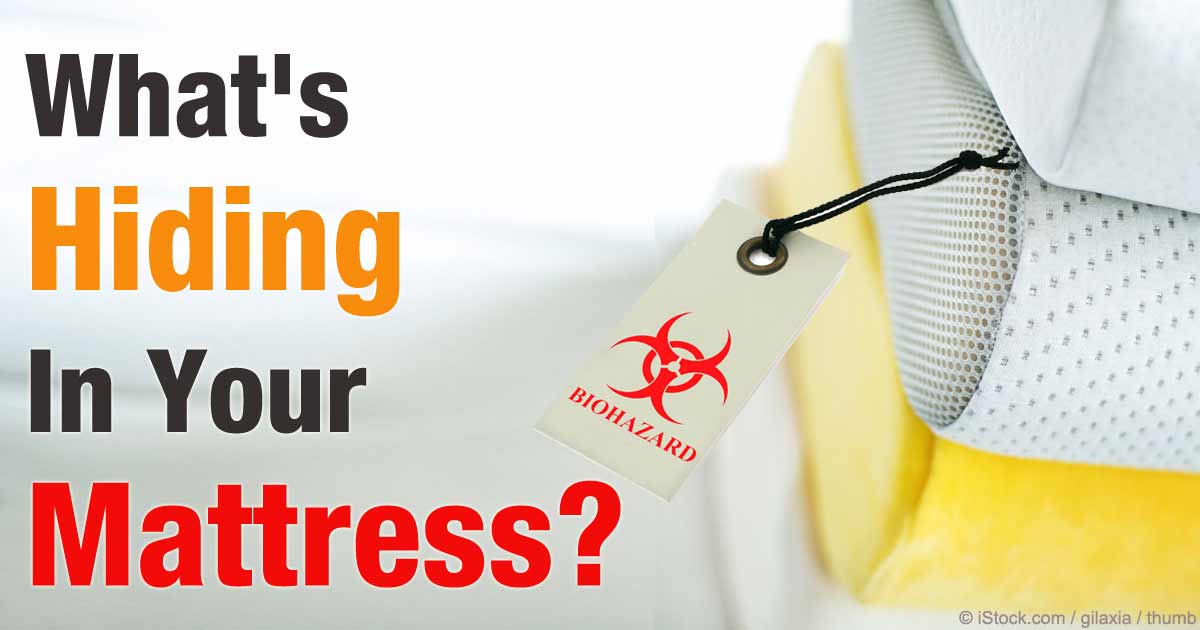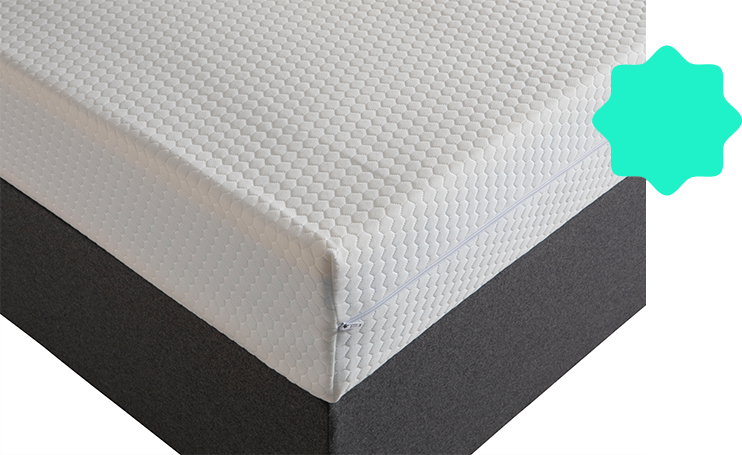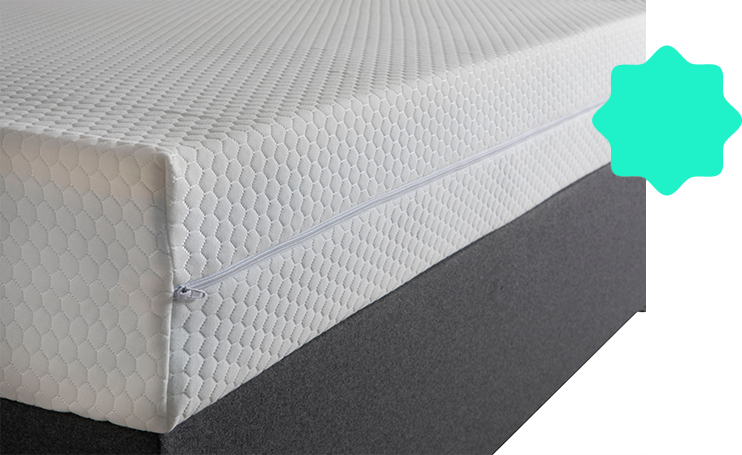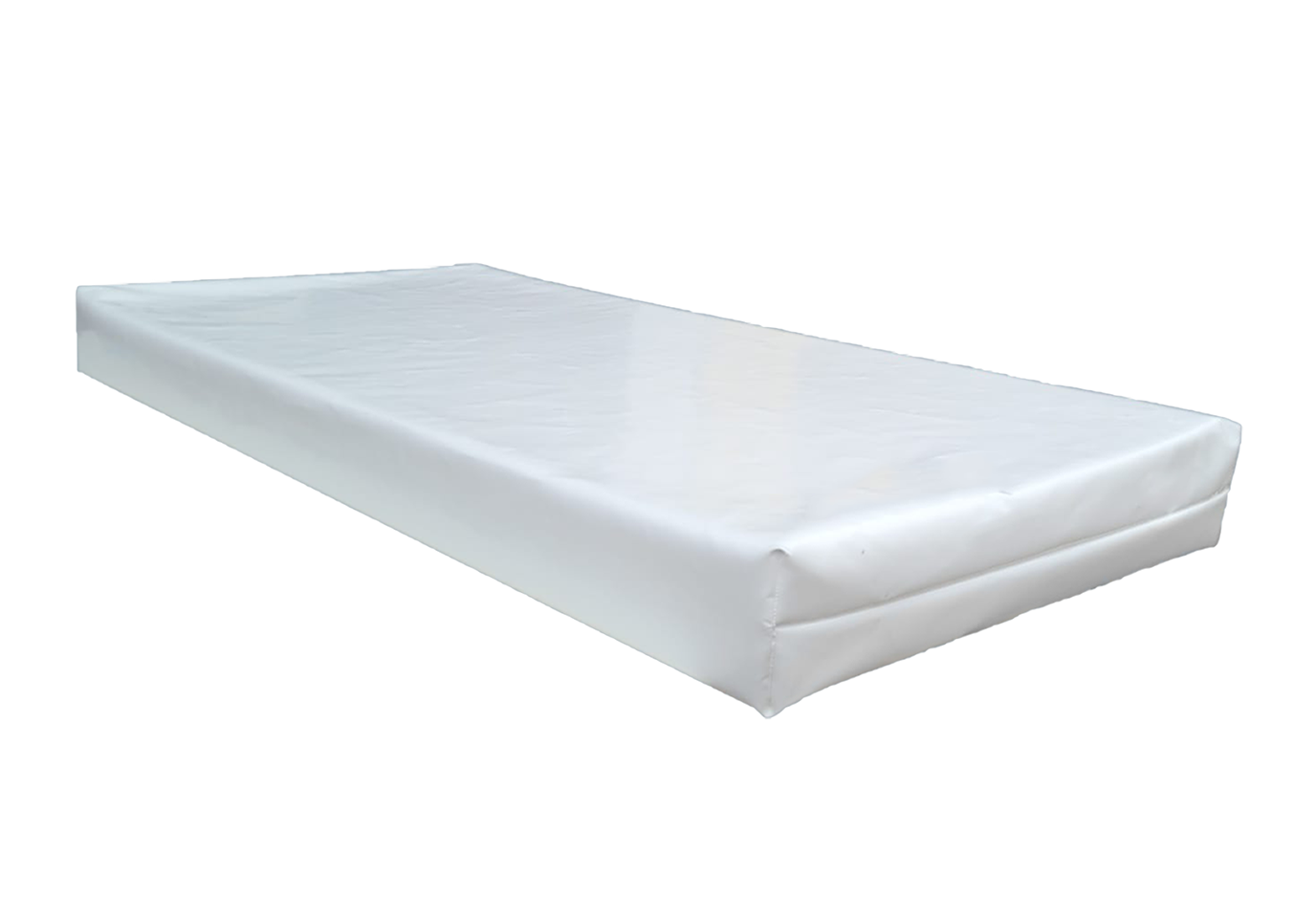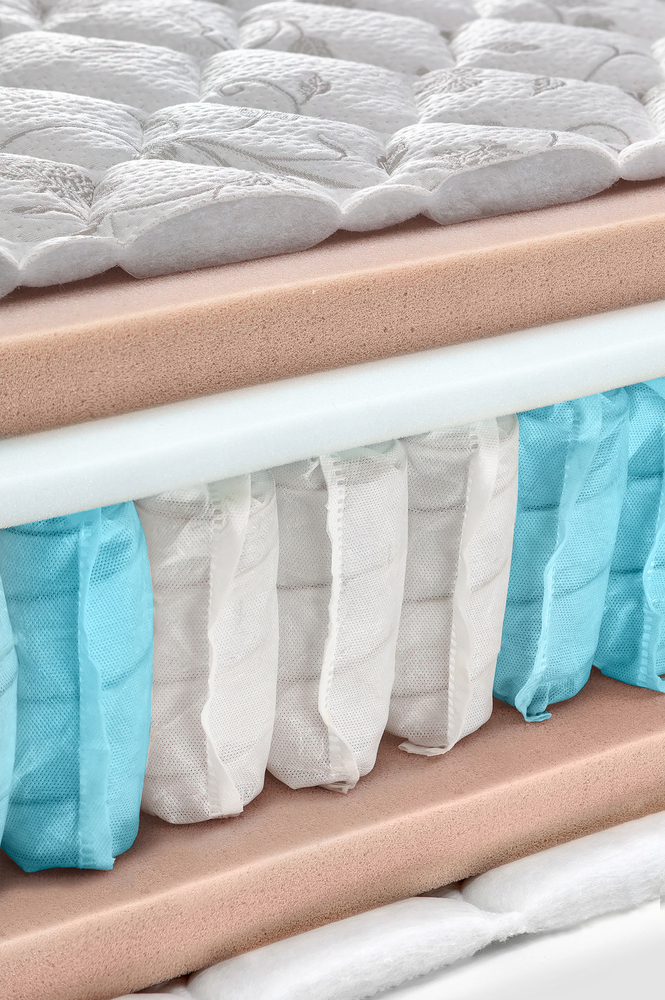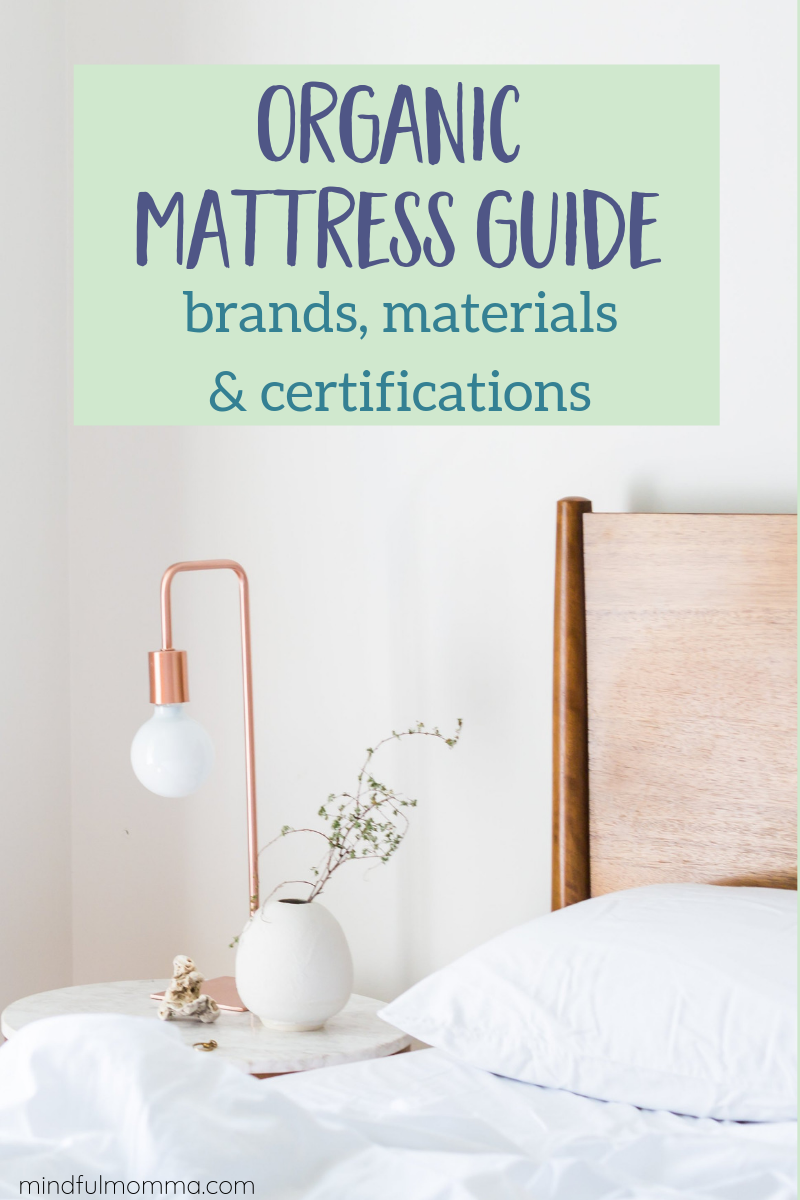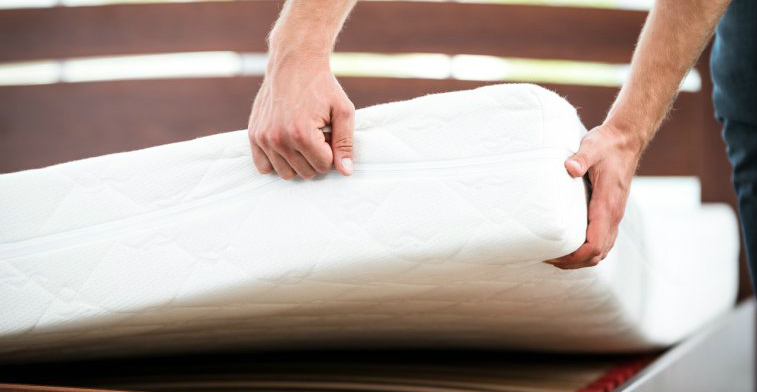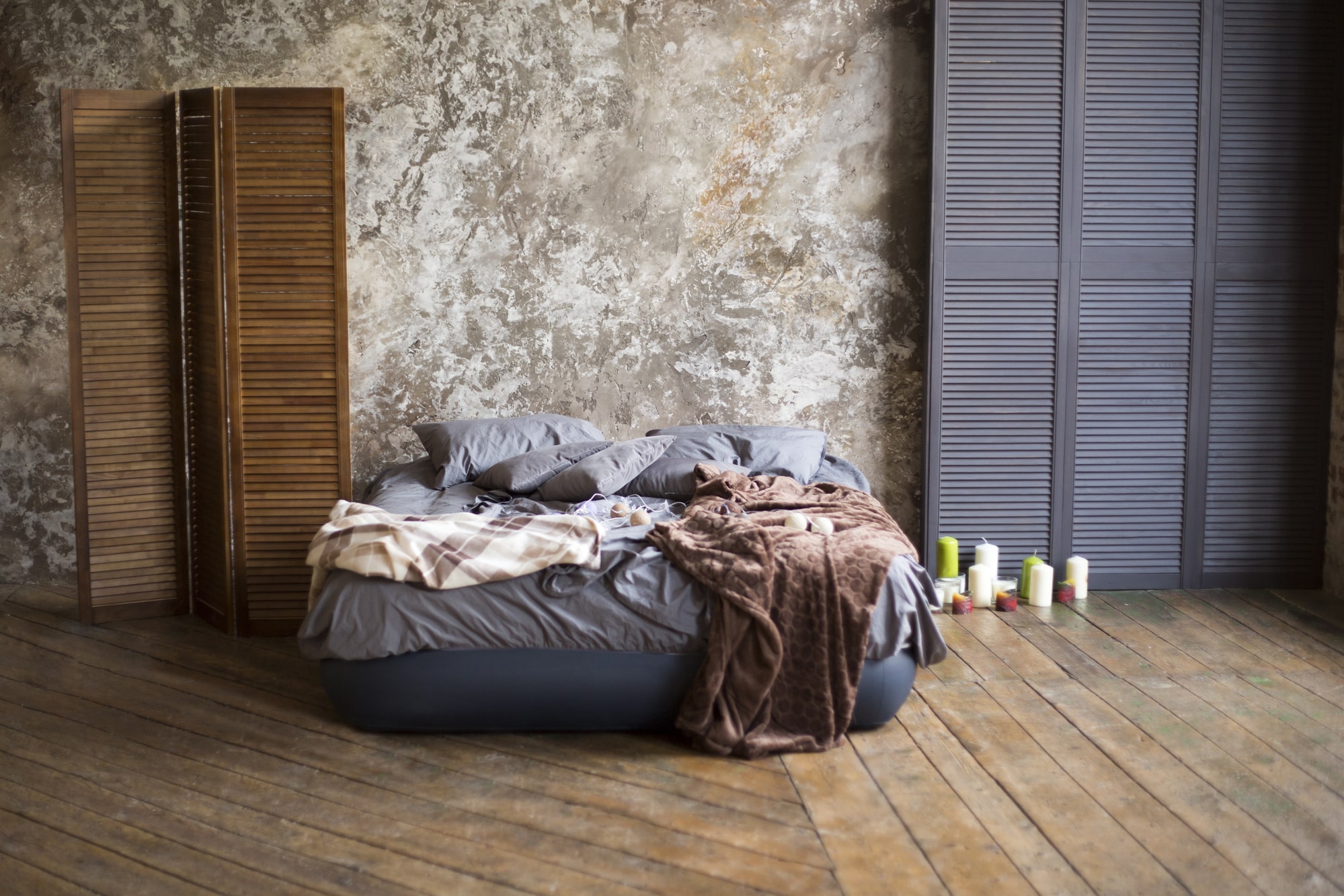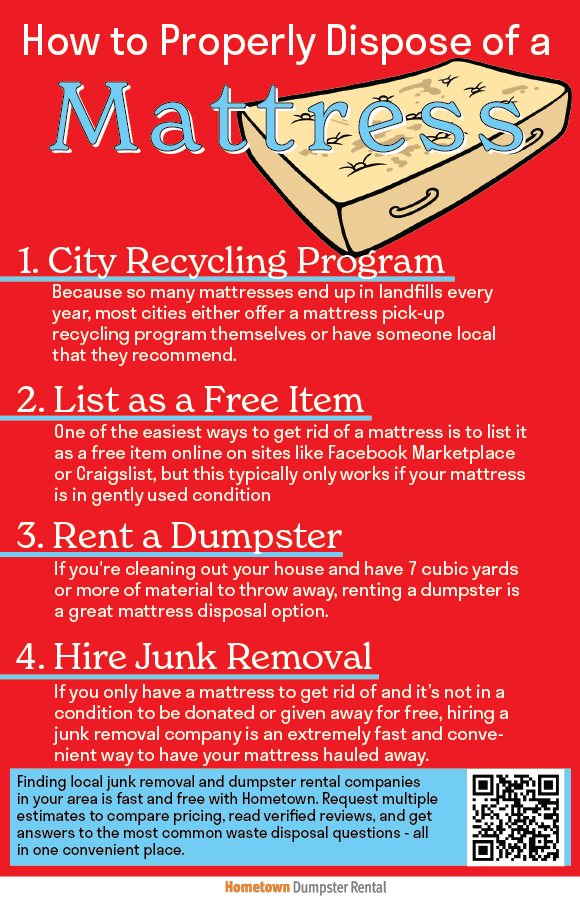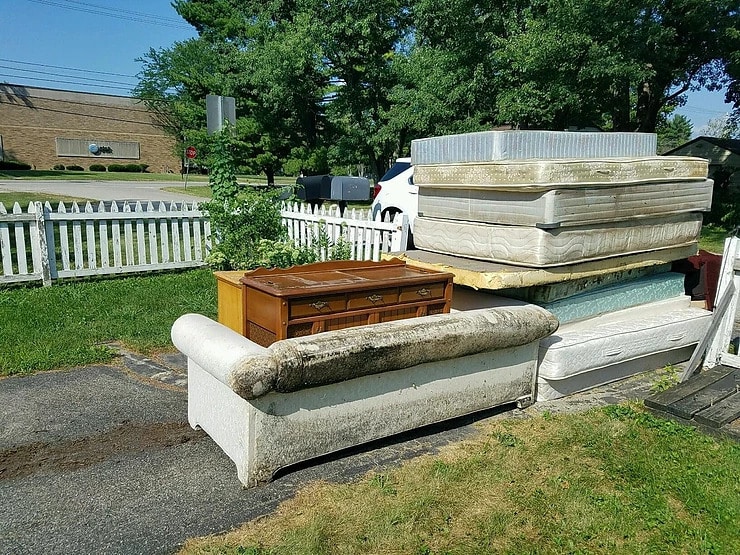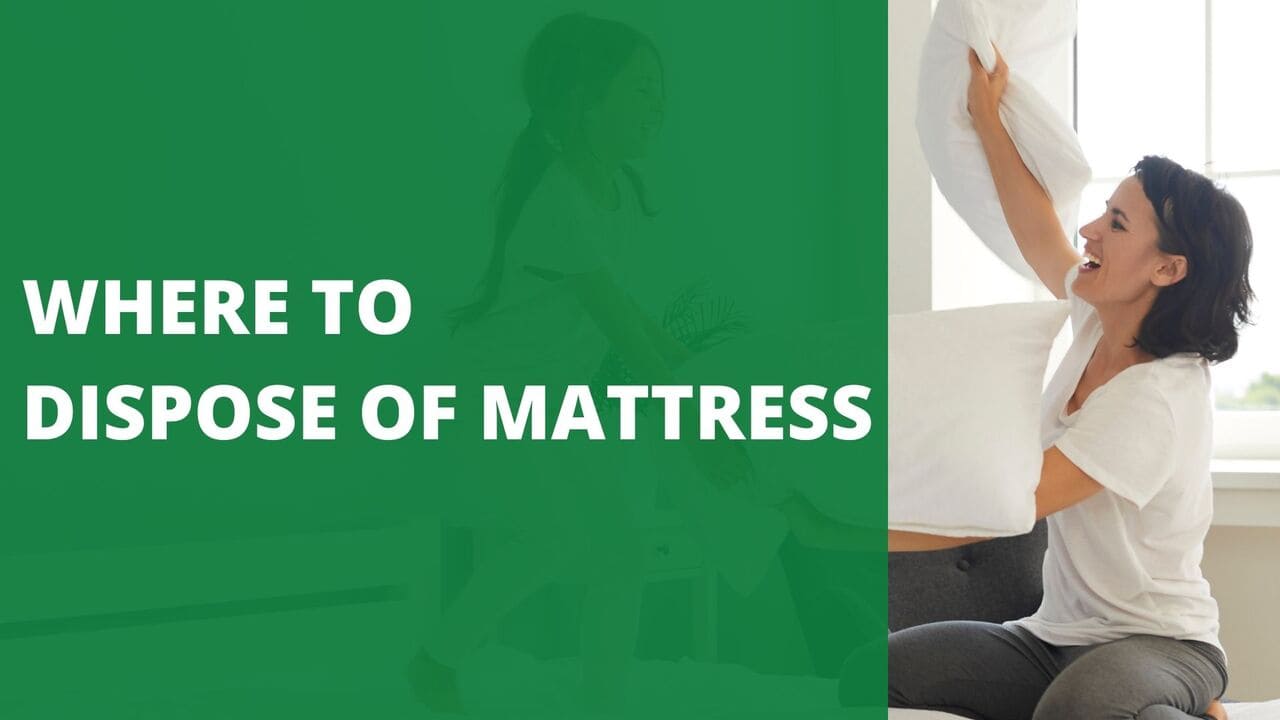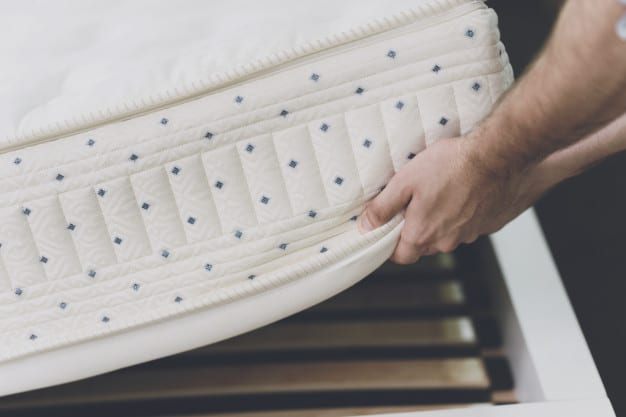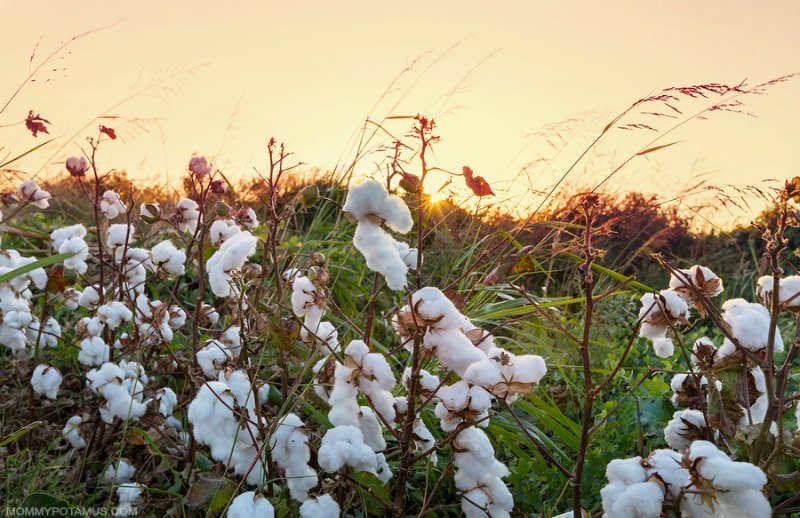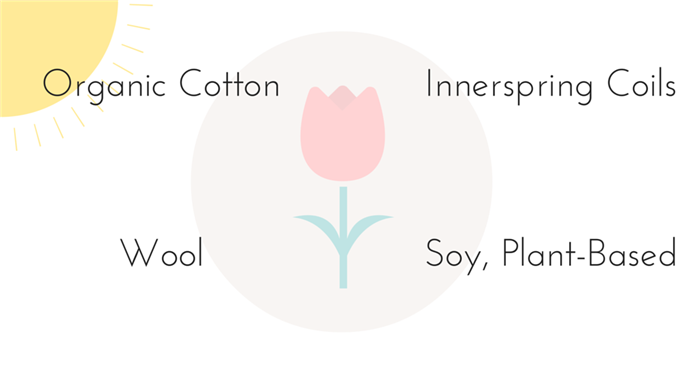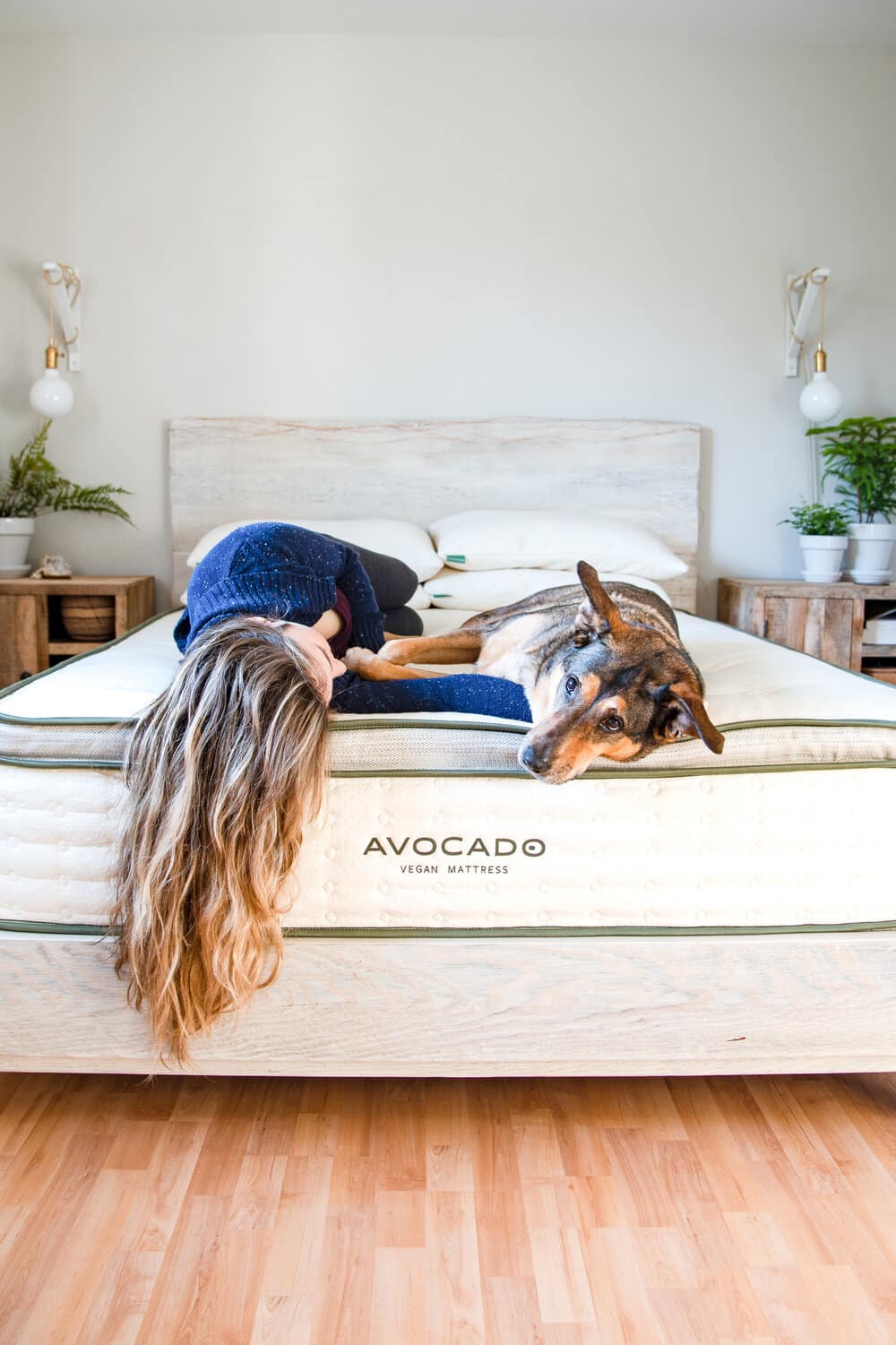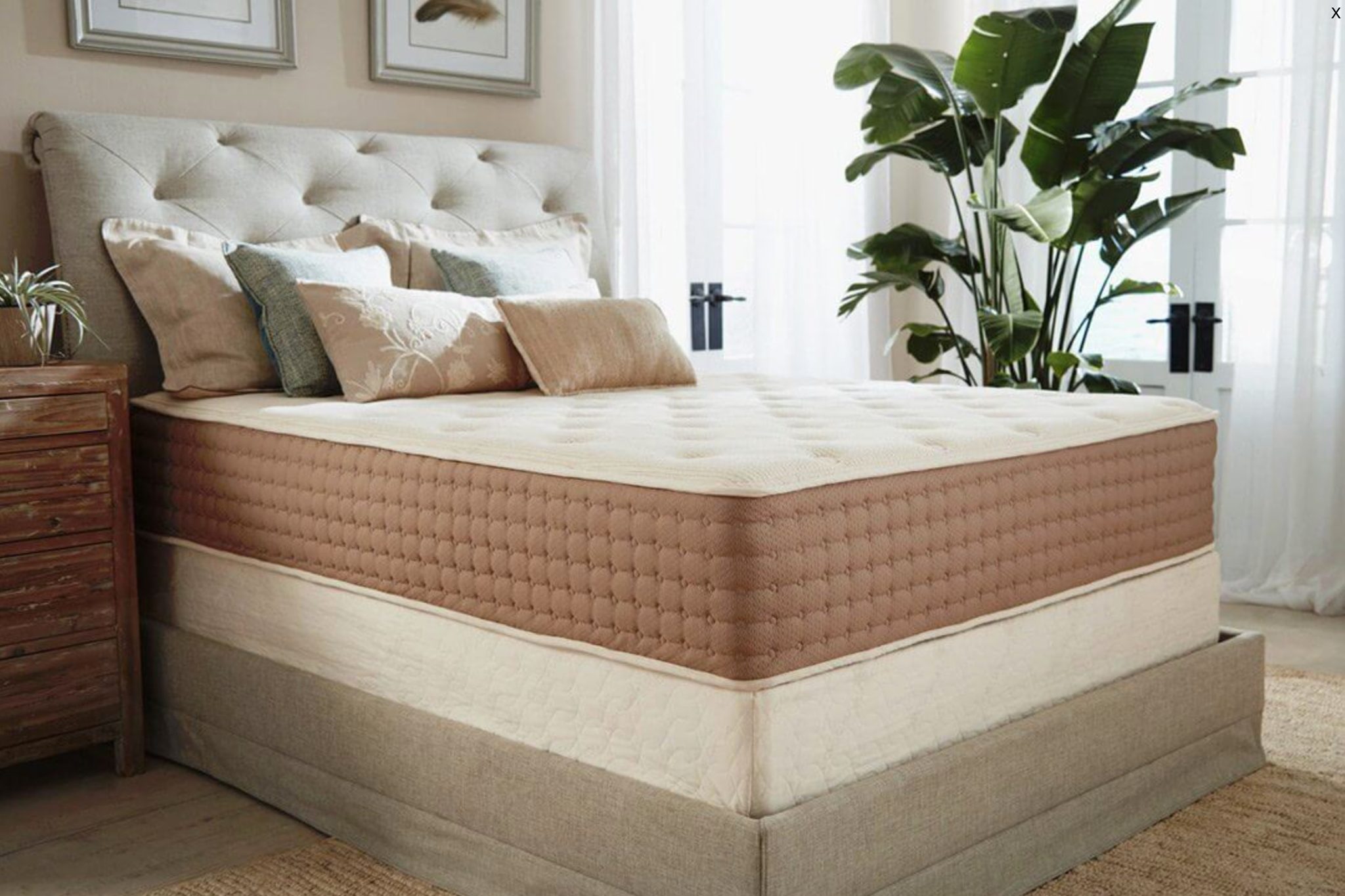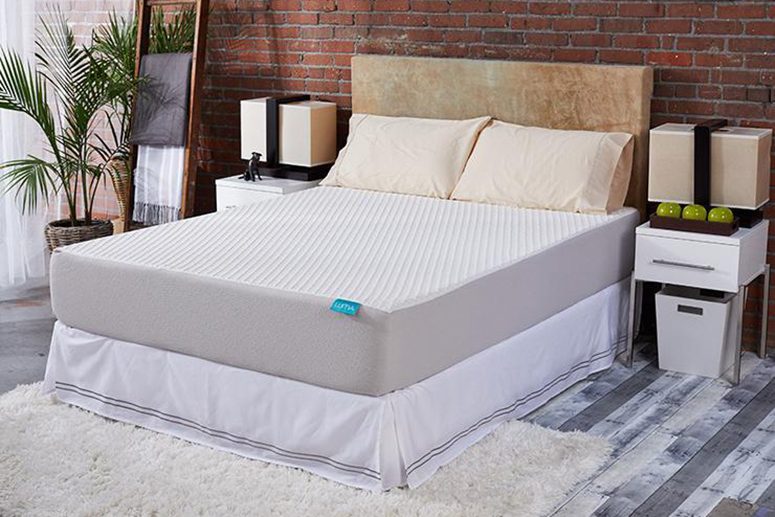Polypropylene is a type of plastic that is commonly used in the manufacturing of various products, including mattress covers. It is a synthetic material that is known for its durability and resistance to moisture and chemicals. Polypropylene is also known for being lightweight and affordable, making it a popular choice for manufacturers.What is Polypropylene?
A mattress cover is a protective layer that is placed over a mattress to keep it clean and free from damage. It is usually made of a fabric material and can come in different sizes and styles to fit various types of mattresses. Mattress covers are designed to protect the mattress from spills, stains, and wear and tear, prolonging its lifespan.What is a Mattress Cover?
A mattress cover can be considered toxic if it is made with materials that are harmful to human health and the environment. In the case of polypropylene mattress covers, the concern lies in the chemicals used in the production process. These chemicals can leach out of the cover and into the air or onto your skin, potentially causing health issues.What Makes a Mattress Cover Toxic?
To identify a toxic mattress cover, you can look for certain certifications or labels that indicate the product is safe and non-toxic. These may include the Global Organic Textile Standard (GOTS) label, which ensures that the fabric used is made from organic materials and free from harmful chemicals. You can also check the product’s materials list for any potentially toxic substances like PVC, phthalates, and formaldehyde.How to Identify Toxic Mattress Covers?
If you want to avoid using a polypropylene mattress cover, there are plenty of alternatives available in the market. Some of the most common alternatives include cotton, bamboo, and wool mattress covers. These materials are natural, breathable, and free from harmful chemicals, making them a safer option for your health and the environment.What are the Alternatives to Polypropylene Mattress Covers?
When looking for a non-toxic mattress cover, there are a few things to keep in mind. First, make sure to check the materials list and avoid any products that contain PVC, phthalates, or other toxic chemicals. Look for certifications or labels that verify the product’s safety and avoid materials like polyester or rayon, which may also contain harmful substances. It is also advisable to choose a mattress cover made from natural materials like cotton, bamboo, or wool.How to Choose a Non-Toxic Mattress Cover?
The main concern with polypropylene mattress covers is the potential exposure to harmful chemicals, which can lead to health issues. These chemicals can be released into the air, affecting indoor air quality, and can also be absorbed by the skin, potentially causing skin irritation or other health problems. Additionally, the production of polypropylene involves the use of non-renewable resources, making it harmful to the environment.What are the Dangers of Polypropylene Mattress Covers?
If you have a toxic mattress cover that you need to dispose of, it is important to do so properly to avoid any harm to the environment. Check with your local waste management guidelines to see if they have specific instructions for disposing of plastic materials. One option is to recycle the cover if possible, or you can cut it up into small pieces and dispose of it in the trash.How to Properly Dispose of a Toxic Mattress Cover?
There are several benefits to using a non-toxic mattress cover. First and foremost, it can help improve your indoor air quality by reducing exposure to harmful chemicals. Non-toxic materials are also generally more sustainable and eco-friendly, making them a better choice for the environment. Additionally, natural materials like cotton and bamboo are breathable and can help regulate your body temperature for a more comfortable sleep.What are the Benefits of Using a Non-Toxic Mattress Cover?
You can find non-toxic mattress covers at various retailers, both online and in-store. Look for reputable brands that prioritize using natural, organic materials and have certifications for safety and sustainability. Some online marketplaces also offer a wide selection of non-toxic mattress covers from different brands, making it easier to compare and choose the best option for your needs.Where to Buy Non-Toxic Mattress Covers?
The Dangers of Polypropylene Mattress Covers
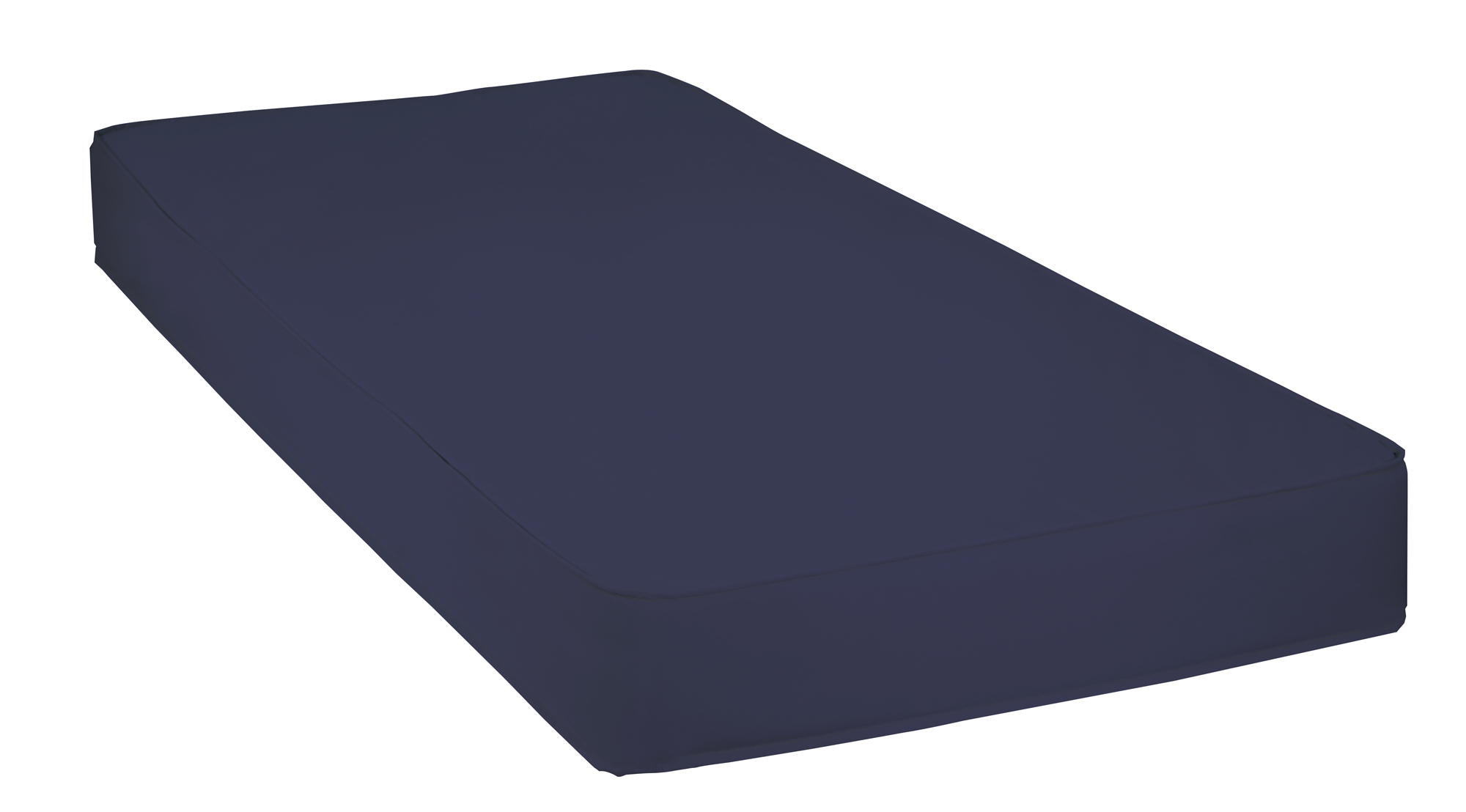
The Hidden Toxins in Your Bedroom
 If you're concerned about the safety of your home, you've probably heard about the potential dangers of toxic materials in your furniture and household items. But did you know that even the seemingly harmless polypropylene mattress cover can pose health risks? This commonly used material is found in many mattress covers and can have negative effects on both your health and the environment.
Polypropylene
is a type of plastic that is widely used in various products due to its durability and low cost. However, it is also known to contain harmful chemicals such as
polybrominated diphenyl ethers (PBDEs)
, which are used as flame retardants. These chemicals have been linked to a range of health issues, including hormone disruption, reproductive problems, and even cancer. PBDEs have also been found to accumulate in the environment and can have long-lasting effects on ecosystems.
Mattress covers
made with polypropylene are especially concerning as they come into direct contact with our bodies for several hours every night. The heat and friction from our bodies can cause the chemicals to leach out of the cover and into the air we breathe and the dust that accumulates in our bedrooms. This can be especially dangerous for infants and young children who are more vulnerable to the effects of these toxins.
Furthermore, polypropylene is not biodegradable and can take hundreds of years to break down. When these mattress covers eventually end up in landfills, they can release harmful chemicals into the soil and groundwater. This not only affects the environment but also has the potential to harm animals and humans who come into contact with these materials.
So, what can you do to protect yourself and your family from these toxic materials? The first step is to
choose natural and organic mattress covers
made with materials such as cotton, wool, or bamboo. These materials are not only safer for your health but are also more environmentally friendly. You can also look for
Certified Organic
labels to ensure that the product has been made without the use of harmful chemicals.
In conclusion, while polypropylene mattress covers may seem like a harmless and affordable option, they can actually pose serious health and environmental risks. It's important to be aware of the materials used in the products we bring into our homes and to make conscious choices that prioritize our health and well-being. So, the next time you're shopping for a mattress cover, think twice before choosing one made with polypropylene and
opt for a safer and more sustainable option
instead.
If you're concerned about the safety of your home, you've probably heard about the potential dangers of toxic materials in your furniture and household items. But did you know that even the seemingly harmless polypropylene mattress cover can pose health risks? This commonly used material is found in many mattress covers and can have negative effects on both your health and the environment.
Polypropylene
is a type of plastic that is widely used in various products due to its durability and low cost. However, it is also known to contain harmful chemicals such as
polybrominated diphenyl ethers (PBDEs)
, which are used as flame retardants. These chemicals have been linked to a range of health issues, including hormone disruption, reproductive problems, and even cancer. PBDEs have also been found to accumulate in the environment and can have long-lasting effects on ecosystems.
Mattress covers
made with polypropylene are especially concerning as they come into direct contact with our bodies for several hours every night. The heat and friction from our bodies can cause the chemicals to leach out of the cover and into the air we breathe and the dust that accumulates in our bedrooms. This can be especially dangerous for infants and young children who are more vulnerable to the effects of these toxins.
Furthermore, polypropylene is not biodegradable and can take hundreds of years to break down. When these mattress covers eventually end up in landfills, they can release harmful chemicals into the soil and groundwater. This not only affects the environment but also has the potential to harm animals and humans who come into contact with these materials.
So, what can you do to protect yourself and your family from these toxic materials? The first step is to
choose natural and organic mattress covers
made with materials such as cotton, wool, or bamboo. These materials are not only safer for your health but are also more environmentally friendly. You can also look for
Certified Organic
labels to ensure that the product has been made without the use of harmful chemicals.
In conclusion, while polypropylene mattress covers may seem like a harmless and affordable option, they can actually pose serious health and environmental risks. It's important to be aware of the materials used in the products we bring into our homes and to make conscious choices that prioritize our health and well-being. So, the next time you're shopping for a mattress cover, think twice before choosing one made with polypropylene and
opt for a safer and more sustainable option
instead.
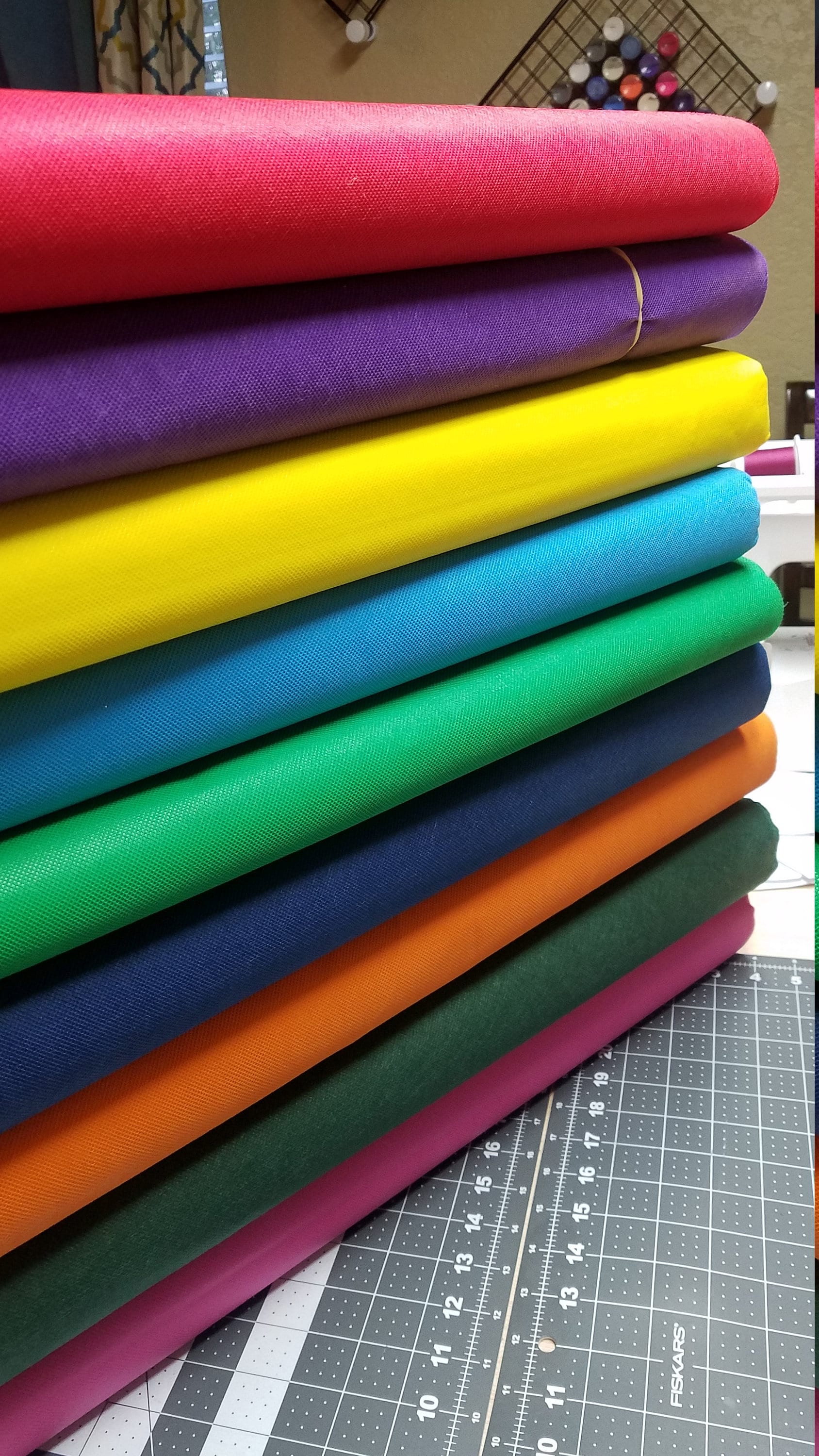

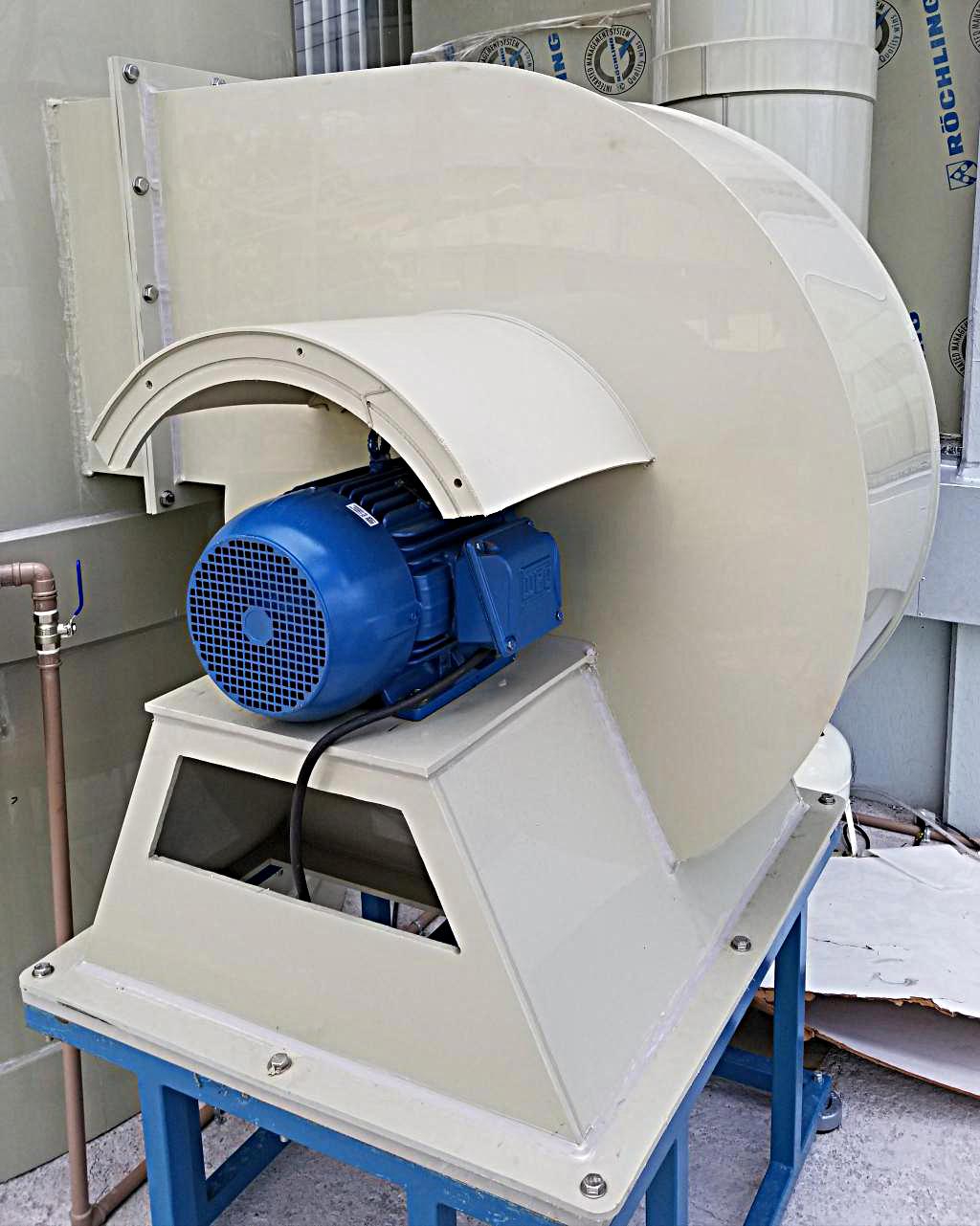
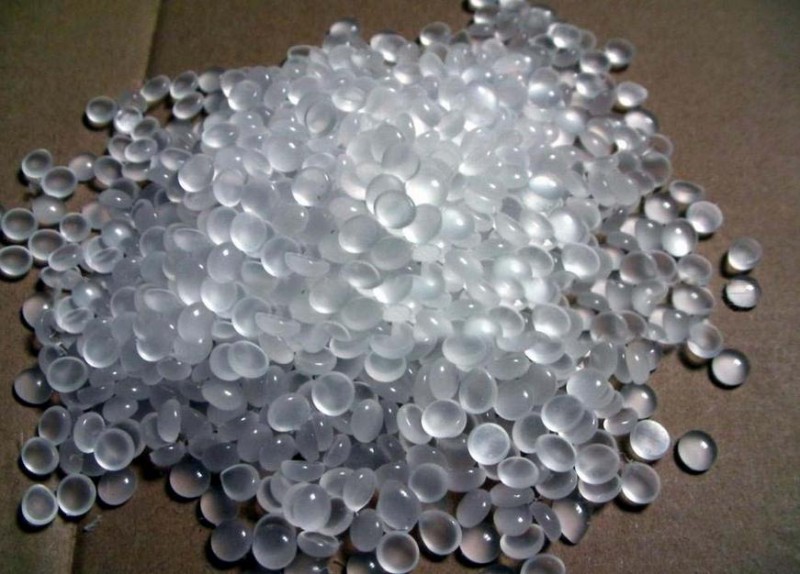
/Polypropylene-Granules-58b1ea185f9b5860463d4479.jpg)
